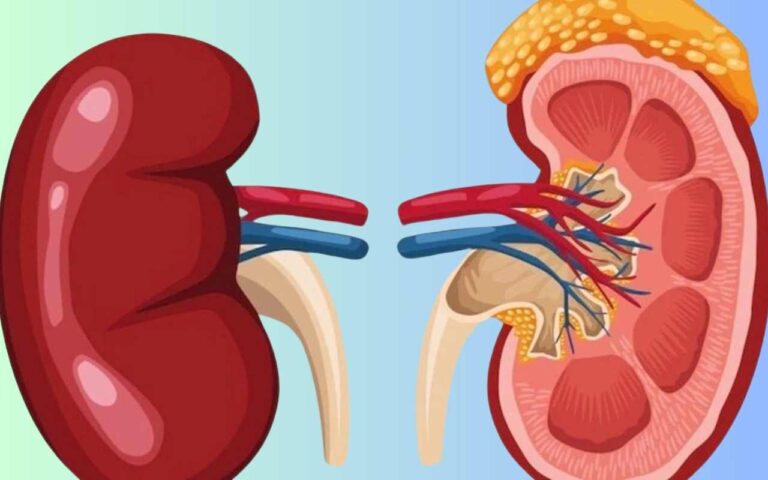10 Tips to Better Sleep at Night
Tips to Better Sleep : Sleep is a vital part of our daily routine, essential for maintaining overall health and well-being. Yet, many struggle with achieving quality sleep. From stress to lifestyle choices, various factors can interfere with our ability to rest properly. Here are ten comprehensive tips to help you improve your sleep quality: (good for night) how do i sleep better?
1. Maintain a Consistent Sleep Schedule (Tips to Better Sleep)
Consistency is key when it comes to sleep. Our bodies have a natural circadian rhythm that regulates sleep-wake cycles (Sleep Cycle). By going to bed and waking up at the same time every day, you can reinforce this natural rhythm, making it easier to fall asleep and wake up refreshed. (better to sleep)
Tips to maintain consistency:
- Set a regular bedtime and wake-up time, even on weekends.
- Avoid napping late in the afternoon as it can disrupt your nighttime sleep.
2. Create a Relaxing Bedtime Routine (Tips to Better Sleep)
Establishing a calming pre-sleep routine signals to your body that it’s time to wind down. Activities that relax you can help ease the transition from wakefulness to sleepiness.
Ideas for a bedtime routine:
- Take a warm bath to relax your muscles.
- Read a book or listen to soothing music.
- Practice mindfulness or meditation.
3. Optimize Your Sleep Environment (Tips to Better Sleep)
Your sleep environment plays a significant role in the quality of your sleep. Creating a comfortable, quiet, and dark environment can enhance your ability to sleep soundly.
Ways to improve your sleep environment:
- Use blackout curtains to keep your room dark.
- Maintain a cool temperature, ideally between 60-67°F (15-19°C).
- Invest in a comfortable mattress and pillows.
- Use earplugs or white noise machines to block out disruptive sounds.
4. Be Mindful of Your Diet (Tips to Better Sleep)
What you eat and drink, especially before bedtime, can affect your sleep. Certain foods and beverages can either promote or hinder sleep.
Dietary considerations:
- Avoid large meals and heavy, rich foods within a few hours of bedtime.
- Limit caffeine and nicotine, as they are stimulants that can interfere with sleep.
- Be cautious with alcohol, as it can disrupt your sleep cycle.
- Consider a light snack, such as a banana or a small bowl of oatmeal, if you’re hungry before bed.
5. Get Regular Exercise (Tips to Better Sleep)
Physical activity can help you fall asleep faster and enjoy deeper sleep. However, the timing and type of exercise can make a difference.
Exercise tips for better sleep:
- Aim for at least 30 minutes of moderate exercise most days, but not too close to bedtime.
- Morning or early afternoon workouts are ideal for improving sleep.
- Gentle activities like yoga or stretching in the evening can promote relaxation without overstimulation.

6. Manage Stress and Anxiety (Tips to Better Sleep)
Stress and anxiety are common culprits of poor sleep. Finding ways to manage stress can significantly improve your sleep quality.
Stress management techniques:
- Practice relaxation techniques such as deep breathing, progressive muscle relaxation, or guided imagery.
- Keep a journal to jot down worries or to-do lists before bed to clear your mind.
- Engage in activities that reduce stress, such as hobbies, spending time with loved ones, or taking nature walks.
10 Tips to Help You Stay Motivated to Exercise
7. Limit Exposure to Blue Light (Tips to Better Sleep)
Exposure to blue light from screens (phones, tablets, computers, TVs) can interfere with your body’s production of melatonin, the hormone that regulates sleep.
Ways to reduce blue light exposure:
- Avoid screens at least an hour before bedtime.
- Use blue light filters on your devices if you must use them at night.
- Consider wearing blue light-blocking glasses in the evening.
8. Be Cautious with Napping
While napping can be beneficial, especially if you’re sleep-deprived, it can also disrupt your nighttime sleep if not managed properly.
Napping guidelines:
- Keep naps short, around 20-30 minutes, to avoid grogginess.
- Avoid napping late in the afternoon or evening.
- If you have trouble sleeping at night, consider avoiding naps altogether.
9. Expose Yourself to Natural Light (Tips to Better Sleep)
Natural light exposure helps regulate your sleep-wake cycle by influencing your circadian rhythm. Sunlight exposure, especially in the morning, can help you wake up and feel alert during the day.
Tips for natural light exposure:
- Spend time outside each day, particularly in the morning.
- Open curtains and blinds to let in natural light.
- Consider a light therapy box if you have limited access to natural light, especially during winter months.
10. Seek Professional Help if Needed (Tips to Better Sleep)
If you’ve tried these tips and still struggle with sleep, it may be time to seek professional help. Sleep disorders such as insomnia, sleep apnea, or restless leg syndrome require medical intervention.
When to seek help:
- Persistent difficulty falling or staying asleep despite good sleep hygiene.
- Excessive daytime sleepiness or fatigue.
- Snoring loudly or gasping for air during sleep.
- Experiencing unusual behaviors during sleep, such as sleepwalking.
How to sleep instantly (Tips to Better Sleep)
1. Establish a Sleep Routine
Creating a consistent sleep schedule is crucial. Go to bed and wake up at the same time every day, even on weekends. This helps regulate your body’s internal clock and can make it easier to fall asleep quickly.
2. Create a Relaxing Bedtime Routine
Engage in calming activities before bed to signal your body that it’s time to wind down. This might include reading a book, taking a warm bath, or practicing gentle yoga or meditation. Avoid stimulating activities and bright screens at least an hour before bedtime.
3. Optimize Your Sleep Environment
Ensure your bedroom is conducive to sleep. Keep the room cool, dark, and quiet. Consider using blackout curtains, earplugs, or a white noise machine if needed. A comfortable mattress and pillows are also essential for good sleep.
4. Limit Caffeine and Heavy Meals
Avoid caffeine, nicotine, and large meals close to bedtime. These can disrupt your ability to fall asleep quickly. Instead, opt for a light snack if you’re hungry before bed.
Conclusion
Improving your sleep quality is a multifaceted approach that involves lifestyle changes, environmental adjustments, and stress management. By incorporating these tips into your daily routine, you can create a sleep-friendly environment and develop habits that promote restful and rejuvenating sleep. Remember, consistency and patience are key; it may take some time to see significant improvements, but the effort is well worth it for your overall health and well-being.








One Comment